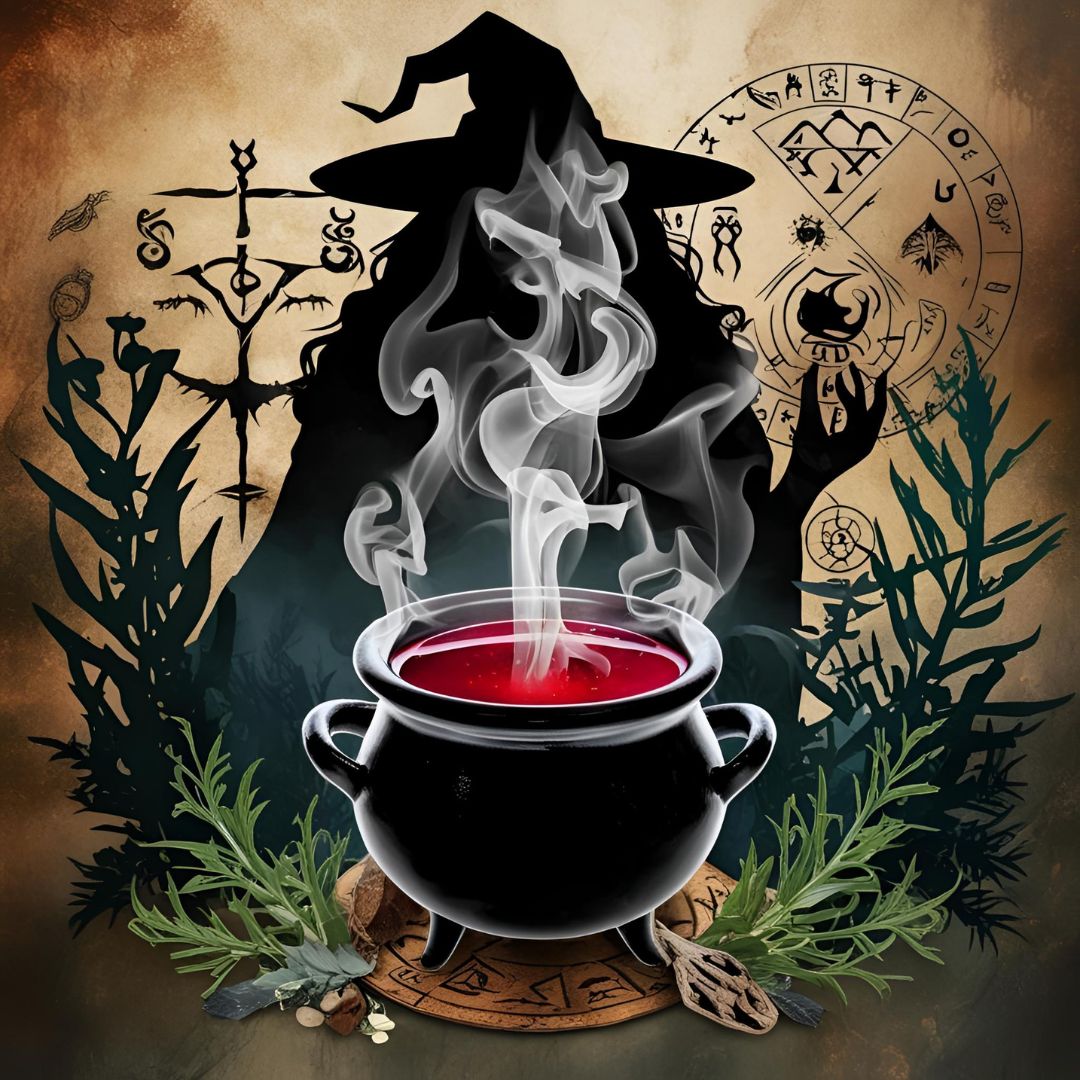Poison has always been a powerful and mysterious presence in ancient cultures, not just as a lethal substance but also as an essential element in many stories and myths. The relationship between poison and magic is profound, permeating tales of gods, witches, and immortal heroes. From fatal potions to curses that span generations, poison has been linked to mysticism and supernatural power. In this post, we will explore how poisonous substances play a key role in mythology, literature, and history, influencing the fate of legendary characters.
Hercules and the Poisoned Tunic: The Hero and the Fatal Poison
One of the most well-known stories involving poison in Greek mythology is the tragedy of Hercules and his poisoned tunic. After completing the twelve labors and performing extraordinary feats, Hercules was about to marry Deianira, but a series of fateful events led to his death.
Deianira, fearing that Hercules might fall in love with another woman, sought help from the centaur Nessus to bring a “remedy” to guarantee the hero’s eternal love. Nessus, who had been wounded by Hercules earlier, decided on revenge and offered Deianira a tunic soaked in his poison. Believing it to be a miraculous gift, Deianira gave the tunic to Hercules, who, upon wearing it, felt the poison spread throughout his body. The poison from the centaur was so powerful that it caused Hercules unbearable pain, forcing him to immolate himself on a pyre to end his suffering. The story of Hercules and the poisoned tunic is one of the most dramatic manifestations of poison in mythology, where the poison not only causes death but also triggers a tragic destiny.
Medea: The Witch and Her Poisonous Potions
Medea, the famous witch in Greek mythology, is one of the most emblematic figures when it comes to poison and magic. Her story is marked by betrayal and the use of magical substances, which made her one of the most complex characters in mythology.
After helping Jason conquer the Golden Fleece, Medea fell in love with him and used her powers to assist him in his deeds. However, when Jason abandoned Medea to marry the daughter of King Creon, Medea took revenge with a poisonous potion. She gave her rival, the princess, a poisoned dress that caused a horrific death. The poison was so potent that it not only killed the princess but also her father, who tried to save her.
Moreover, Medea is responsible for one of the most shocking poisonings in mythology: she kills her own children with a poisonous substance in an act of revenge against Jason. Medea’s use of poisons is not just a matter of magical power, but also a manifestation of her pain and anger, highlighting the destructive side of poison in a narrative of love, betrayal, and vengeance.
The Witches of the Middle Ages: Witchcraft and Poison in the Shadows
The Middle Ages was a period full of superstitions and magical practices, where witches were often associated with the use of poisons and potions. For centuries, women accused of witchcraft were portrayed as responsible for curses, illnesses, and the death of animals and even humans, often through poisonous substances.
The witches of the Middle Ages were frequently linked to herbs and poisonous plants, and many accounts describe hallucinogenic potions used to alter perception and induce delirium. Some of these potions were made from ingredients like belladonna, mandrake, and hemlock — plants known for their poisonous and hallucinogenic properties. The combination of these substances caused the witches’ victims to experience visions and behave erratically.
During the witch trials, many of these women were accused of using poison to poison their enemies, causing illness, death, or madness. While many of these cases were based on superstitions and false accusations, the association between witches and poison is an important part of the history of black magic and the persecution of women during the Middle Ages.
Poison in the Ancient World: The Use of Magical Substances in Ancient Cultures
Poison has always been a tool of power, both in the world of magic and politics. In ancient cultures, the use of poisons was often linked to religious rituals and supernatural powers. Many ancient peoples, such as the Egyptians and the Romans, believed that certain substances could be used to invoke gods or obtain spiritual favors. Poison, therefore, was not only seen as a deadly weapon but also as a magical substance with the power to transform reality and the destinies of individuals.
The Egyptians, for example, were known to use poisons and toxic substances in their mummification practices, believing that certain compounds helped guide the soul of the deceased to the afterlife. In addition, the use of poisons in sacrifice rituals and magic was common in many ancient cultures, who believed that poison had the power to purify or transform spiritual energies.
Poison and Symbolism in Magic: Gods, Demons, and Venom
The gods and goddesses of ancient mythologies often had ambiguous relationships with poison. While some gods were known to use it for punishment or protection, others were intimately connected to poison as a symbol of divine power. For instance, in Greek mythology, Hermes, the messenger of the gods, was frequently associated with potions and magical substances, including poisons. In Norse mythology, gods were also known to be involved in plots involving poisons, such as the case of Loki and the venomous serpent that poisoned the god Balder.
Furthermore, poison in mythology often symbolizes the duality between life and death, good and evil, power and destruction. Indeed, poison was a powerful metaphor for fate, often reflecting the uncontrollable forces of nature and the cosmos.





